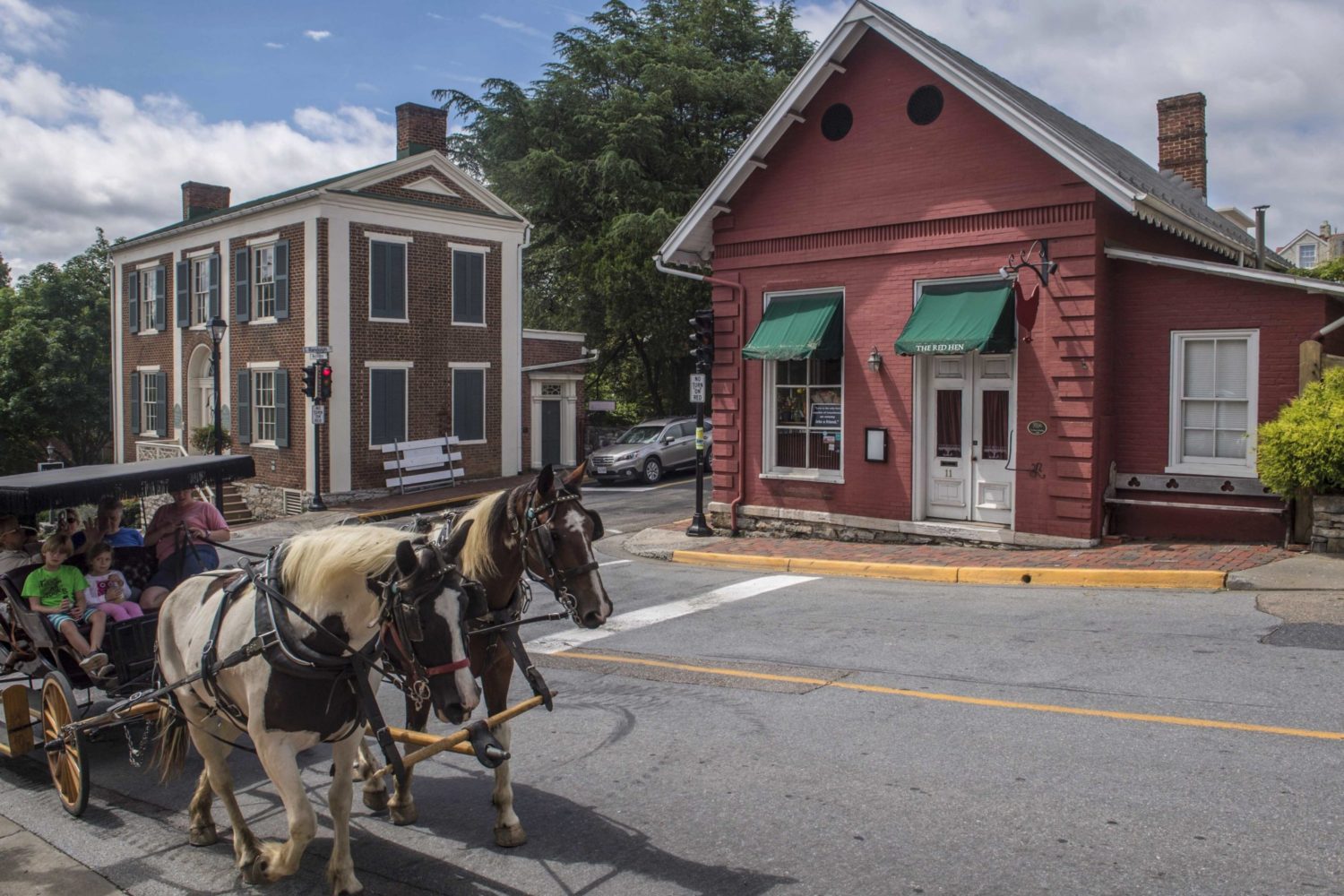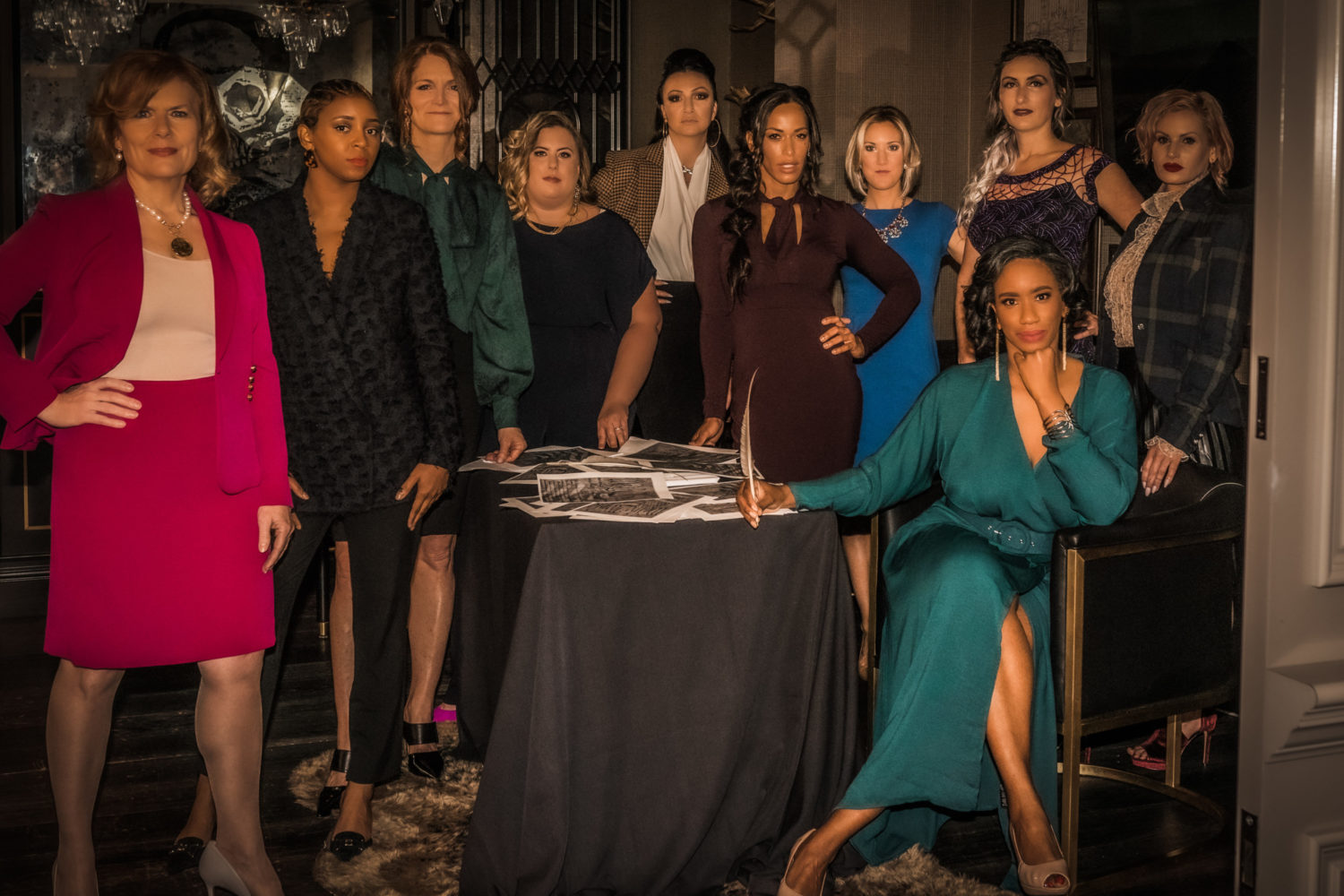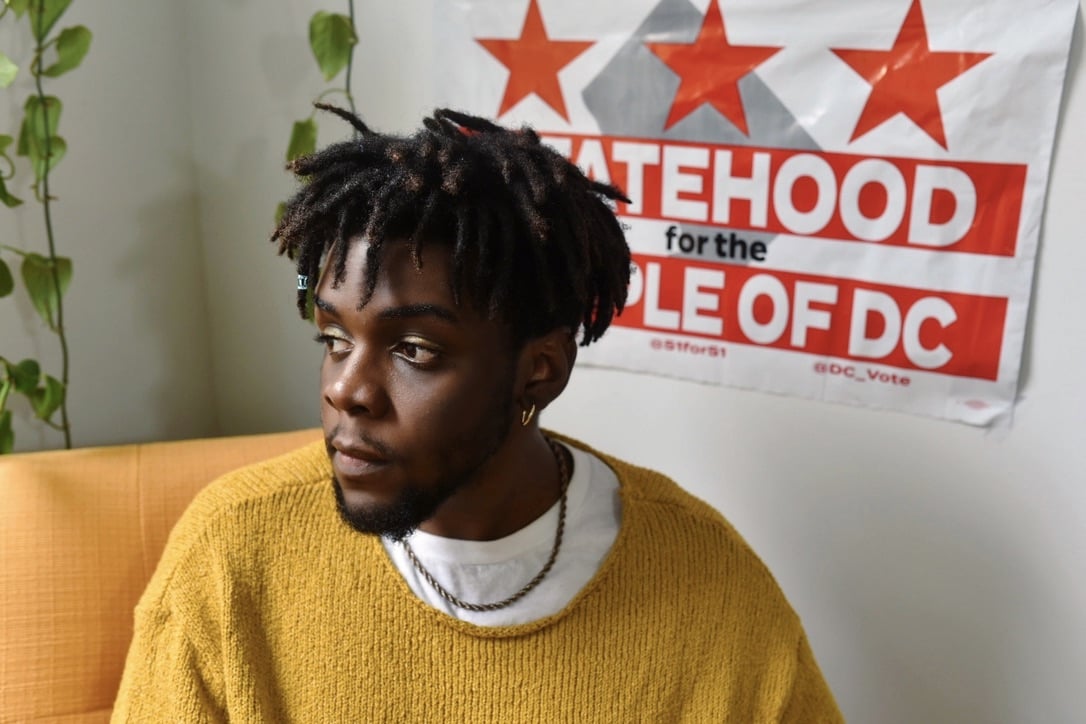I wish I could say I was shocked by the sex trafficking charges against Jeffrey Epstein. But as someone who supports survivors of sexual exploitation and trafficking, the disturbing allegations that he and a handful of powerful men molested dozens of girls is a story I hear daily.
What is shocking is that the DC Council is considering a bill that would decriminalize the commercial sex trade in the District, enabling the abuse and trauma of more young women and girls. It is urgent that the Council reconsider this bill before our nation’s capital becomes a hub for sex tourism and a haven for sex offenders like Epstein.
Earlier this month, I met with five local sex trafficking survivors, ages 14 to 17, all of whom were found in abandoned homes or apartments where adult men bought and sold them. Some were missing for days or even weeks before investigators found them. I asked these girls about the Council’s bill—they were furious. They said that if DC decriminalized brothels, there would be “more missing girls” with less hope of being found. “Why stop there?” one of them asked. “Why not just decriminalize our murder?”
They’re not wrong.
Under full decriminalization, law enforcement would lack probable cause to enter these sites of suspected prostitution. Moreover, brothel owners would not be required to keep any records of the ages of individuals “working” inside, making it even harder for law enforcement to detect child exploitation.
Even now with full criminalization in DC, pimps exploit women for profit, subjecting them to violence, branding them with tattoos and even tracking them with GPS. Despite having laws against child sex trafficking and sex with minors, buyers exploit our girls without fear of consequence. One local girl, just 12 years old, was recently found naked in an apartment where several men paid to rape her. According to Courtney’s House, none of the buyers were arrested despite her age and young appearance.
Given this daily reality, it is baffling that the proposed legislation seeks to decriminalize sections of the DC Code that prohibit pimping and brothel-keeping, effectively rendering these acts legal. Repealing those laws would declare “open season” for the exploitation of marginalized women and children, bringing most sex trafficking prosecutions to a halt.
Decriminalizing the purchase of sex will signal to society that it is socially acceptable behavior in DC. Men who are deterred by the illegality of prostitution elsewhere will flock to DC from all over the country as sex tourists. This will increase local sex trafficking as traffickers seek to capitalize on this never-ending demand for paid sex with women and girls, many of whom are transwomen, indigenous women and other women of color.
We welcome the growing conversation among local lawmakers and presidential candidates about policy approaches to address the harms associated with the sex trade, but full decriminalization is terribly misguided. Even with new “protections,” in every instance, exploiters cause physical, psychological, and emotional trauma to people in the sex trade.
There is another, better solution: a partial decriminalization approach that does not punish women who have been caught up in or coerced into sexual exploitation.
The Equality Model decriminalizes the sale of sex while keeping legal prohibitions in place against pimping, brothels and purchasing sex—a move that protects those engaged in prostitution but shrinks the overall market. This policy shift is critical because most individuals who sell sex entered the sex trade as children and are trapped there due to addiction or criminalization.
Partial decriminalization has seen success in countries like Iceland, Norway, Sweden, France, Canada, Ireland and Israel. In contrast, full decriminalization unleashes market forces that empower exploiters as entrepreneurs. The truly progressive solution is to take a comprehensive approach that pairs partial decriminalization with vital resources like housing, healthcare and exit services.
I join survivors of this trauma and urge the DC Council to amend this legislation and put the safety of women and girls first.










